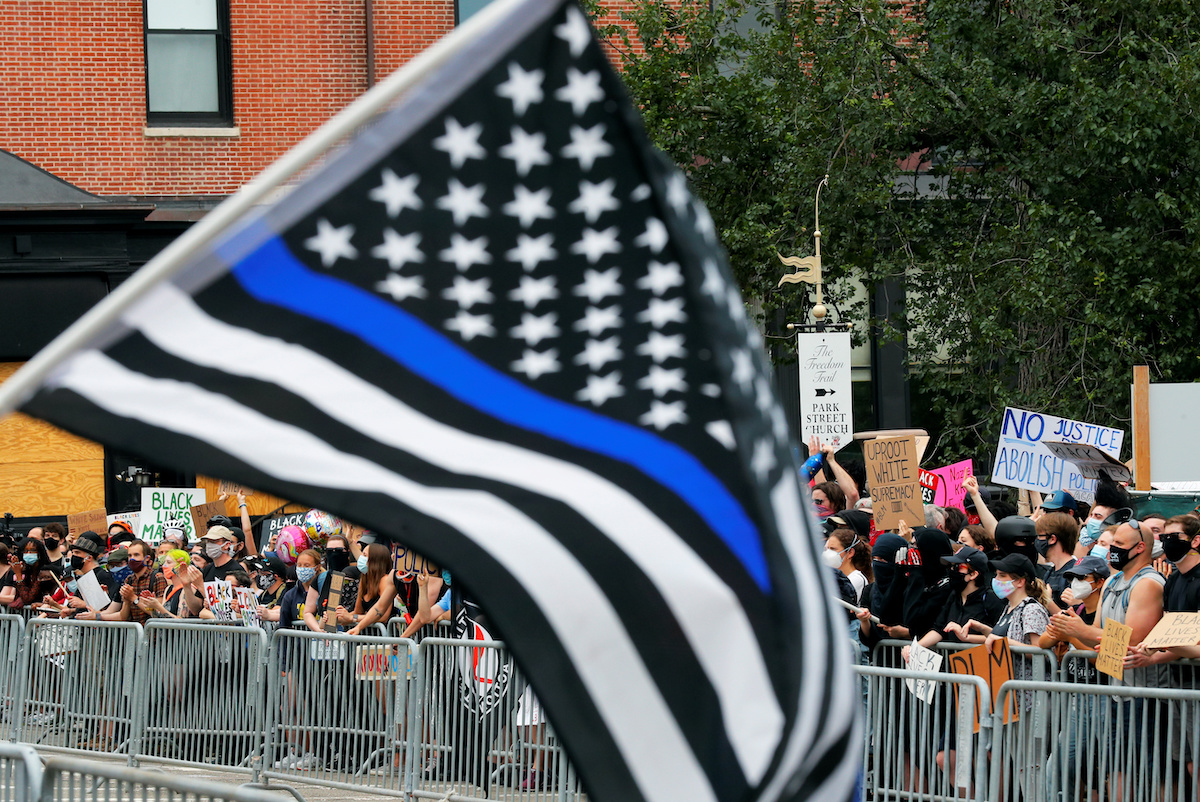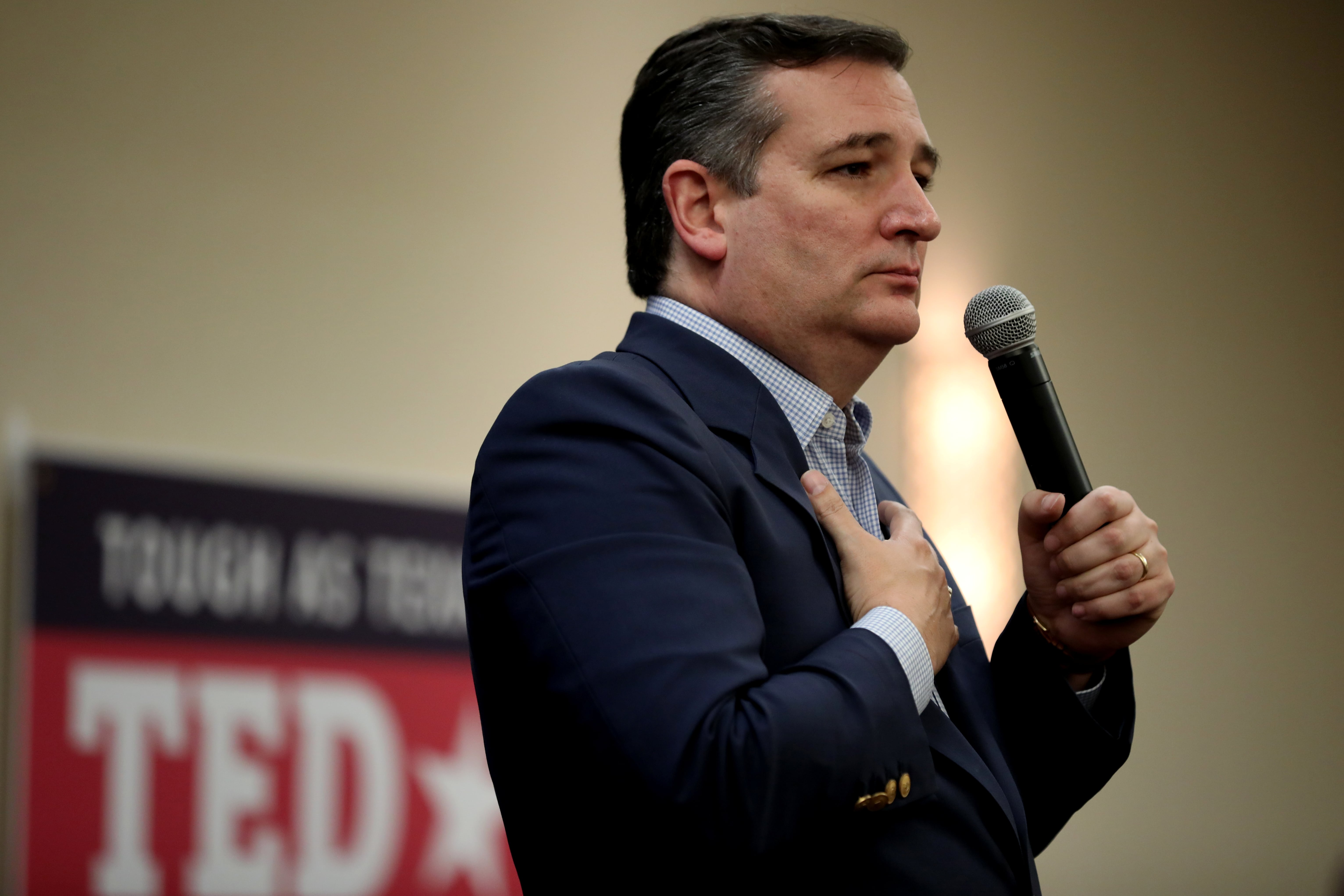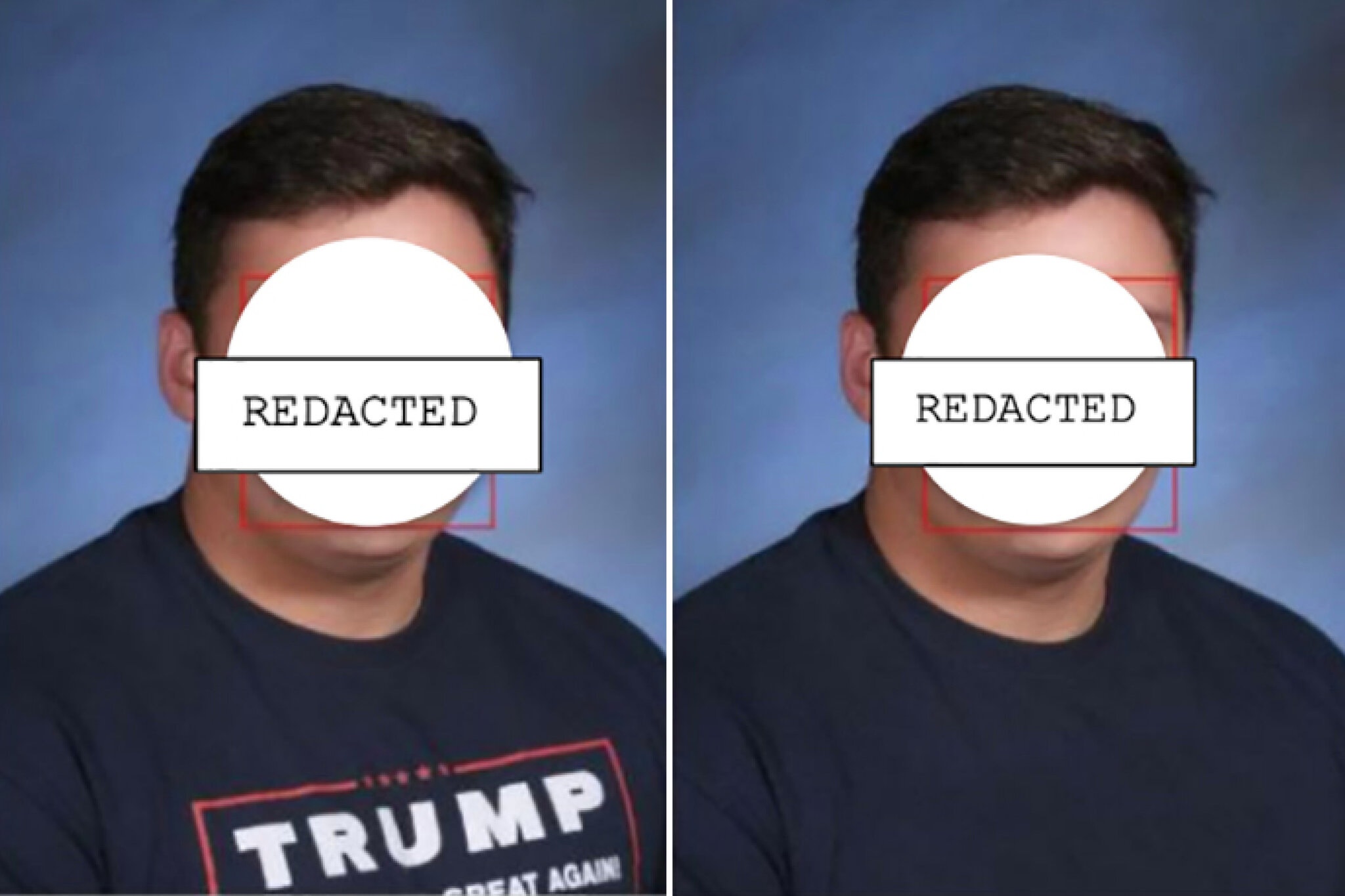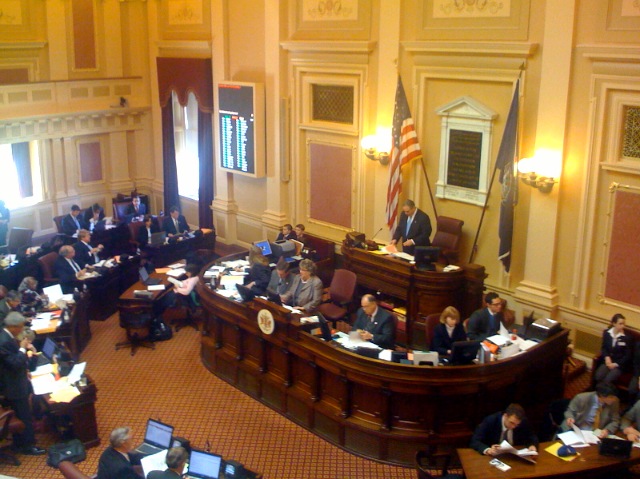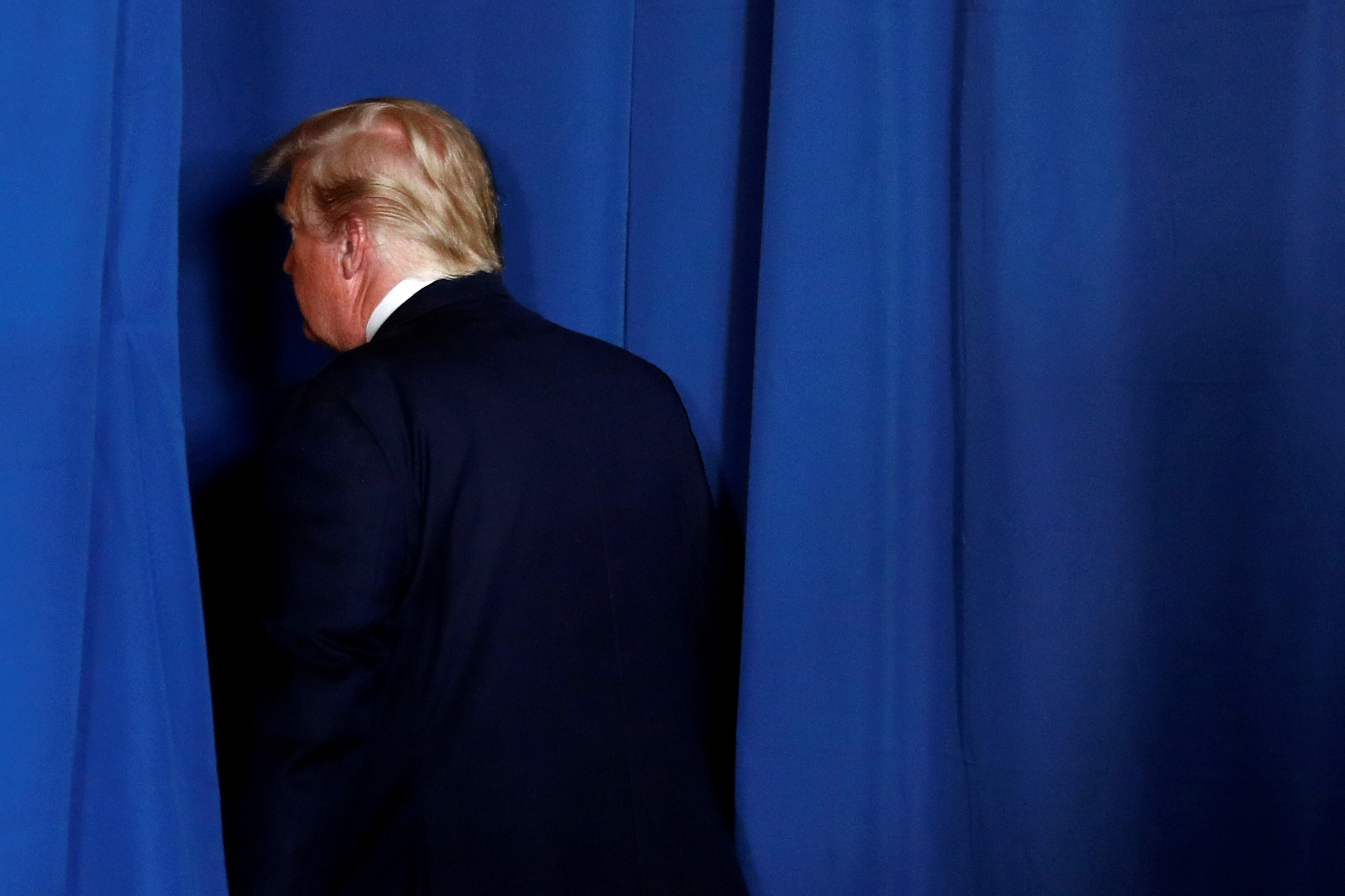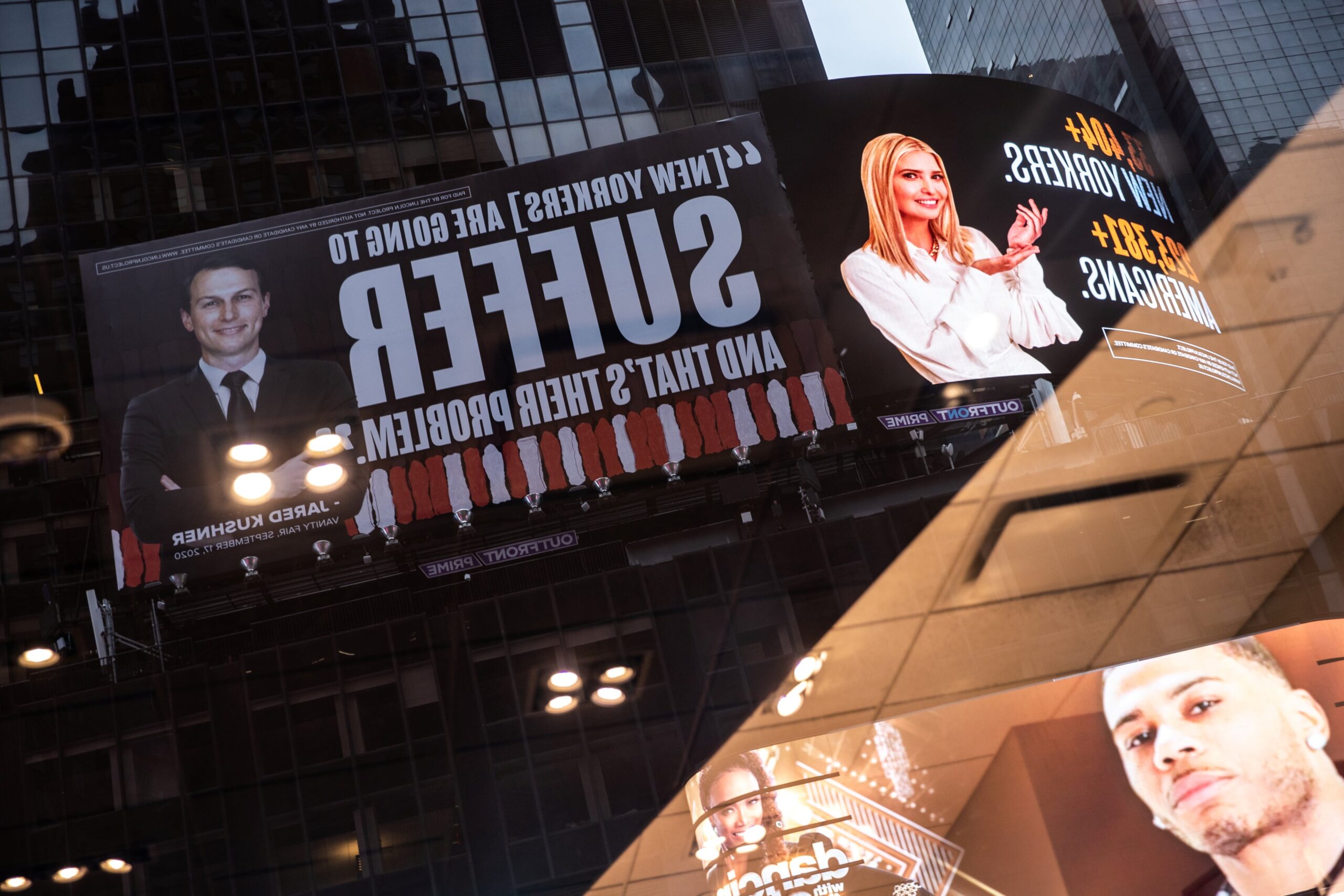NJ Court Vacates Obscenity Charge over Profane Anti-Biden Signs
A resident of Roselle Park, New Jersey was charged with violating the town's anti-obscenity ordinance for displaying signs that said "F--ck Biden." On July 27th, a Superior Court vacated those charges on First Amendment grounds.
Utah Police Arrest Woman for Stomping on Pro-Police Flag
A Utah Police officer is charging a 19-year-old woman with a hate crime for “stomping on a ‘Back the Blue’ sign” while “smirking in an intimidating manner,” The Salt Lake Tribune reported on July 9th. The woman could face up to a year in prison or a fine of up to $2,500 for allegedly destroying stolen property “in a manner to attempt to intimidate law enforcement.”
Senator Cruz Prevails in Campaign Finance Lawsuit
On June 3rd, U.S. Senator Ted Cruz prevailed in a lawsuit he filed against the Federal Election Commission (FEC) following his 2018 reelection campaign. Cruz claimed that a $250,000 limit on repaying personal loans with post-election campaign contributions constituted a violation of free speech rights.
New Jersey School District To Pay Teacher $325,000 in Student Yearbook Case
A New Jersey school district agreed to pay $325,000 to a teacher as part of a settlement after the teacher sued the district for emotional distress and imposing an unconstitutional gag order on her speech. She claims the school spread a false story that she altered students' photographs to remove Trump slogans from their clothing.
Virginia Lawmaker Files Lawsuit After State Senate Votes to Censure Her
On February 1st, a Virginia state senator filed a federal lawsuit against the Senate of Virginia, the lieutenant governor, and the president of the Senate after lawmakers voted to censure her for speaking at then-President Donald Trump’s rally prior to the attack on the Capitol on January 6th.
Trump Settles Defamation Lawsuit Against Wisconsin TV Station
President Donald Trump's reelection campaign sued the local broadcast station in April for running an ad that made it seem like the President had called the coronavirus a hoax. The settlement does not include an apology from Trump, but one of the TV station's attorney framed it as a win for local news.
Students Prohibited from Wearing Pro-Gun T-Shirts Can Move Forward with Claims
Two students who were prohibited from wearing pro-gun t-shirts in school can now move forward with their First Amendment claims after a federal judge found that the shirts were protected speech.
Ivanka Trump and Jared Kushner Threaten to Sue Lincoln Project Over Times Square Billboards
To satisfy the standard for defamation, Ms. Trump and Kushner would have to prove that the Lincoln Project made false and defamatory statements knowingly, a standard few commentators think the couple is going to meet. Instead, multiple experts see their actions as an attempt to weaponize the law to intimidate critics for protected expression.

